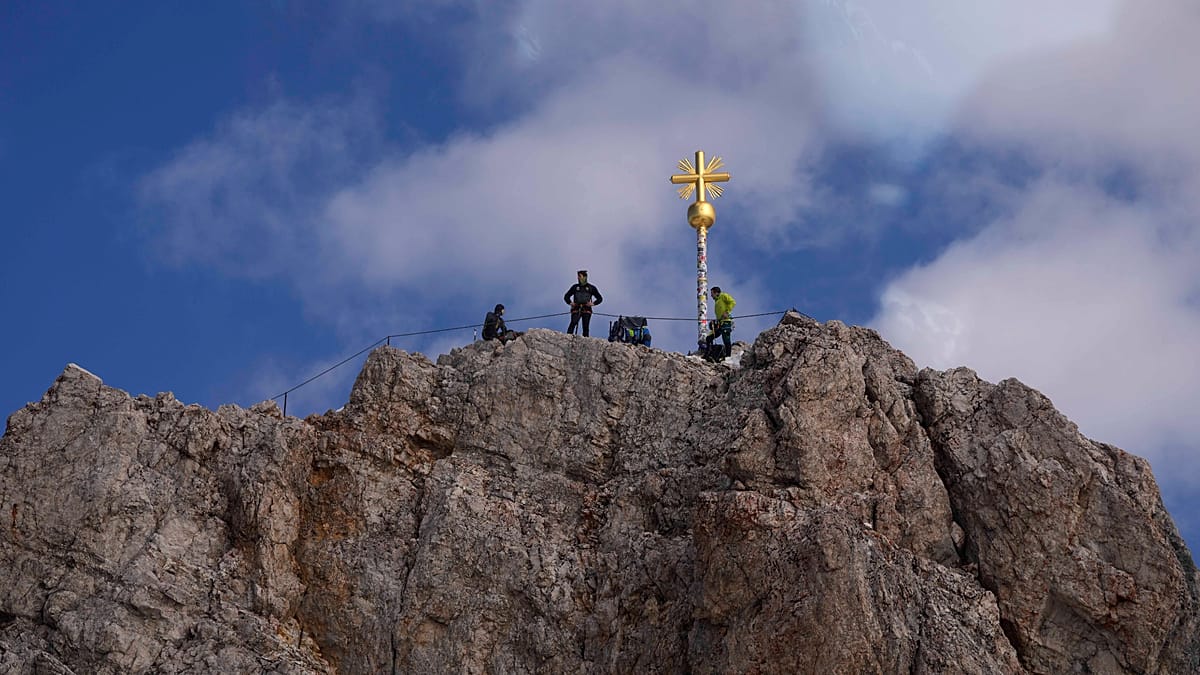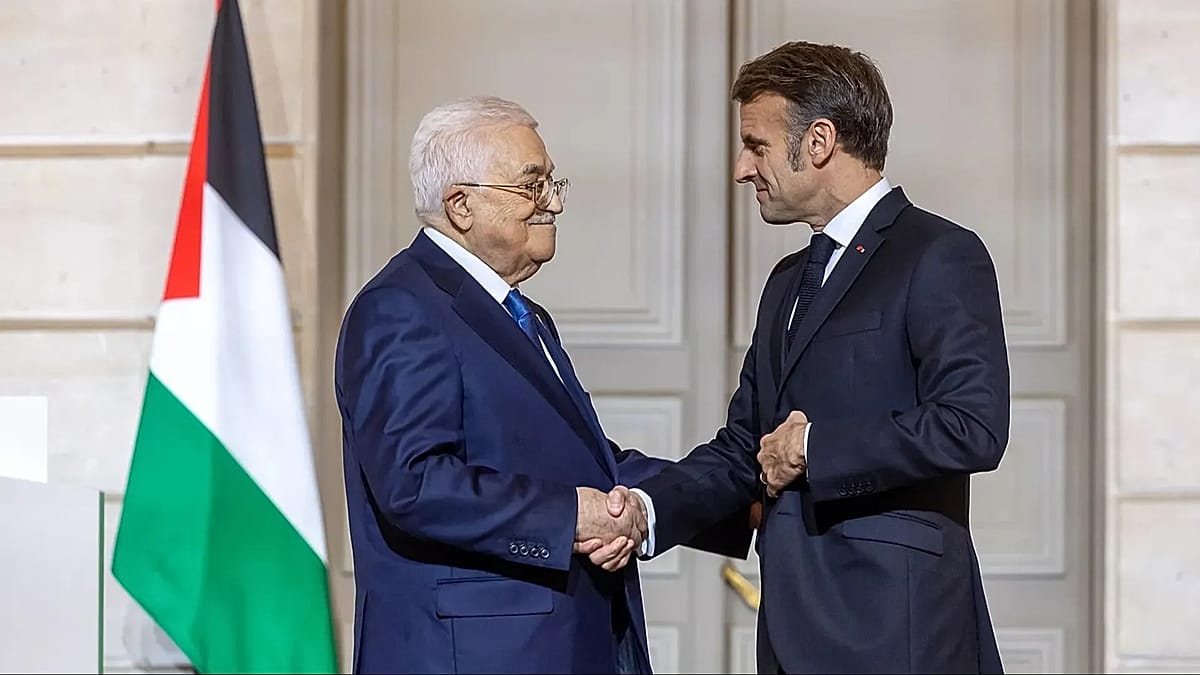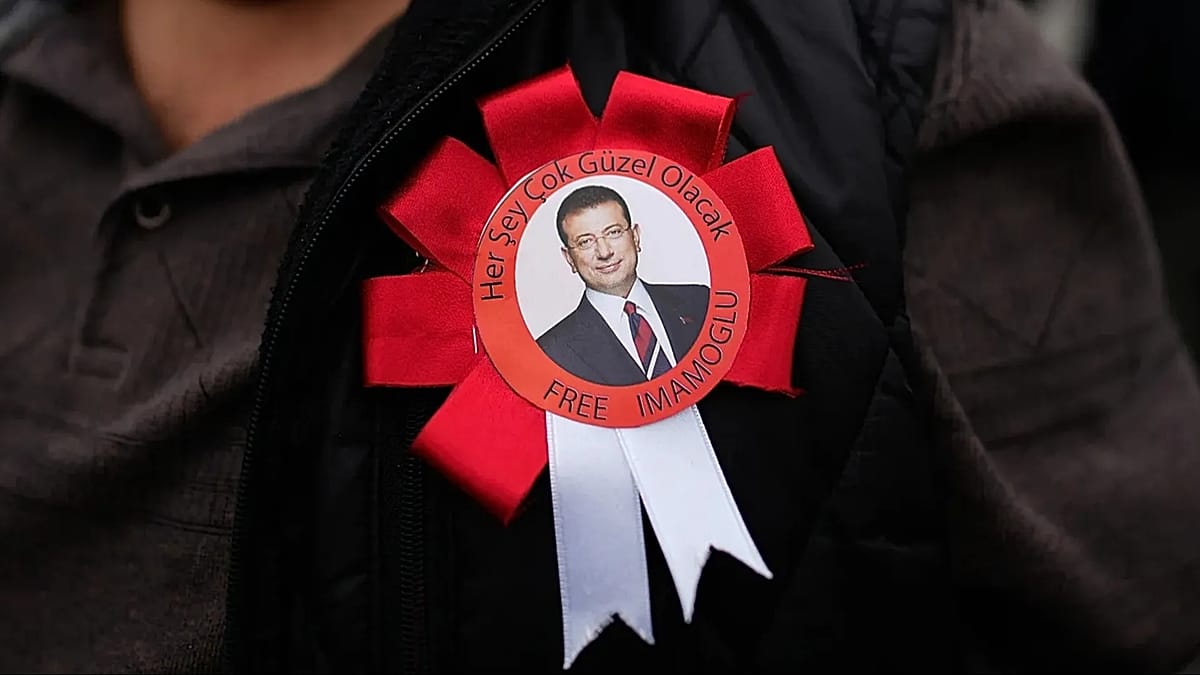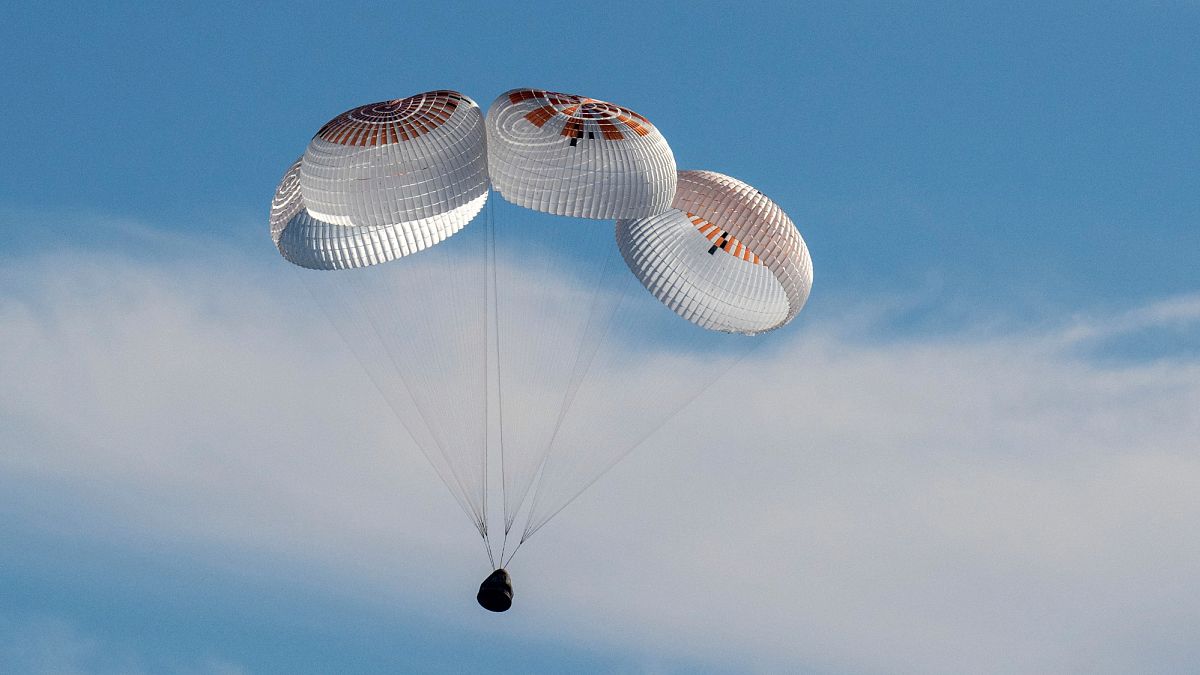Tenth anniversary of the EUSAIR forum: Leaders stated – stronger integration, resilience, and the role of youth are key

CRETE, (Fena) – Our future is shared, green, sustainable, and inclusive, and the key actors on this path are the youth, the main message from the ceremonial opening of the 10th annual forum of the European Union Strategy for the Adriatic and Ionian Region (EUSAIR), which is held on May 6 and 7 in the town of Georgioupolis on the Greek island of Crete.
As reported by FENA’s correspondent, this jubilee edition of the forum, which also marks the end of Greece’s presidency of this macro-regional initiative, is focused on the achievements of the past decade, the revised Action Plan, as well as the strategic direction towards the future, especially in the context of the challenges of the green transition, EU enlargement, and social cohesion.
Greek Deputy Foreign Minister Tasos Chatzivasileiou emphasized the symbolism of Crete as a meeting place of civilizations and highlighted that the EUSAIR strategy reflects the collective will for cooperation, resilience, and sustainable development.
– Crete, as a maritime link between East and West, is the ideal place to reaffirm our commitment to a shared future. During our presidency, we focused on five interconnected priorities: European integration, the future of cohesion policy, the green transition, the blue economy, and environmental protection. The youth have been the heart of that vision – said Chatzivasileiou.
He added that Greece prioritizes maritime security and energy connectivity through renewable sources and aims to be a regional leader in achieving climate neutrality.
– Together we have shown that the green transition is not a luxury, but a necessity. We have also placed special emphasis on educating and training young people for blue skills, as they are the bearers of innovation and sustainable development – said the Greek deputy minister.
On behalf of the European Commission, Jean-Pierre Halkin, head of the unit at the Directorate-General for Regional and Urban Policy, addressed the attendees, praising the Greek presidency for its vision and strategic leadership.
– Greece has made a key breakthrough during its presidency by revising the strategy and including a new, fifth dimension – social cohesion. This means that we are now not only talking about the economy, the environment, and infrastructure, but also about the real needs of citizens, the balance between urban and rural areas, and the fight against depopulation – said Halkin.
He particularly highlighted the importance of the role of EUSAIR in the context of the European Union’s enlargement to the Western Balkans.
– The strategy should help the countries of the region to utilize instruments such as the Investment Plan and the Growth Plan for the Western Balkans. It must serve as a bridge between European policies and local needs – emphasized Halkin.
He announced that the European Commission will adopt a new multiannual financial framework (MFF) for the period after 2027 in the coming weeks and called on EUSAIR members to strategically position this macro-region within that new framework.
– It is crucial to deepen the multi-level governance model – not only member states but also cities, municipalities, civil society, the academic community, and especially the youth must have an active role. The future of this region belongs to the youth, and we must give them a voice – concluded Halkin.
As part of the forum, the adoption of the revised Action Plan of the EUSAIR strategy was announced, officially opening a new chapter in its implementation.
Participants will discuss sustainable tourism, energy connectivity, blue and green economy, challenges of climate change, and better inclusion of youth in shaping public policies during the two-day program.
Deputy Foreign Minister of Bosnia and Herzegovina Josip Brkić, who participated in the ministerial meeting, also reflected on this year’s Bosnian presidency of the EU Strategy for the Danube Region.
He emphasized that Bosnia and Herzegovina, as a member of two EU macro-regional strategies, will continue to work on further enhancing cooperation between the EUSDR and the other three EU macro-regional strategies, especially with EUSAIR, which provides space for mutual learning and exchange of experiences.
He particularly highlighted the importance of tourism development in the context of better connectivity within the region. He also warned of the danger of extreme weather conditions in the Southeast European area and reminded of the catastrophic floods that hit our country in October last year. (06.05.)












































